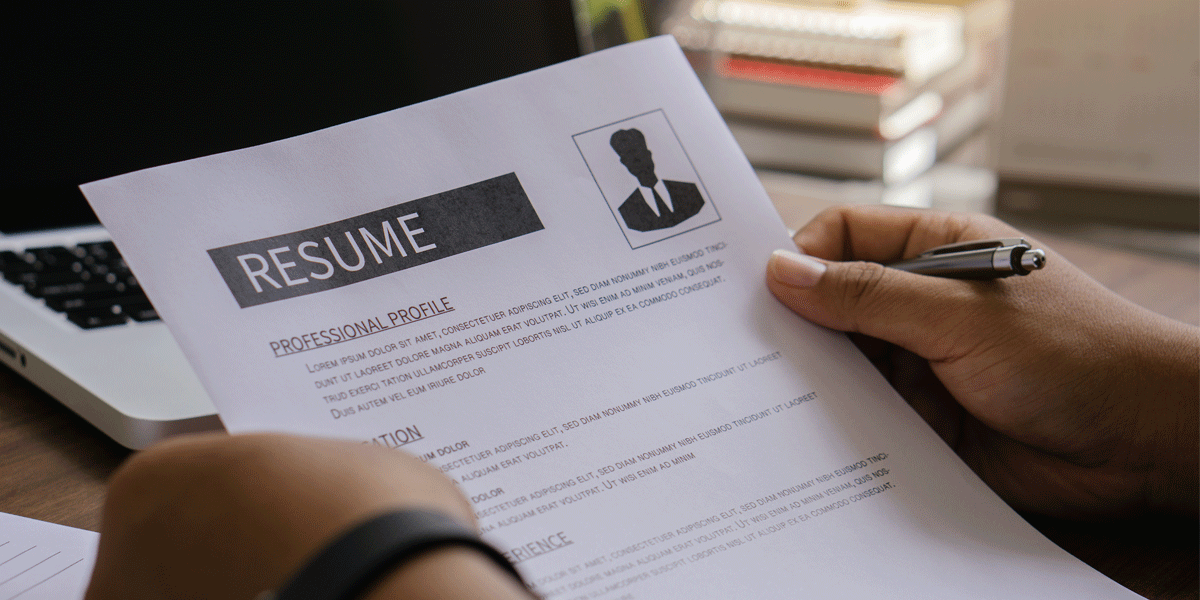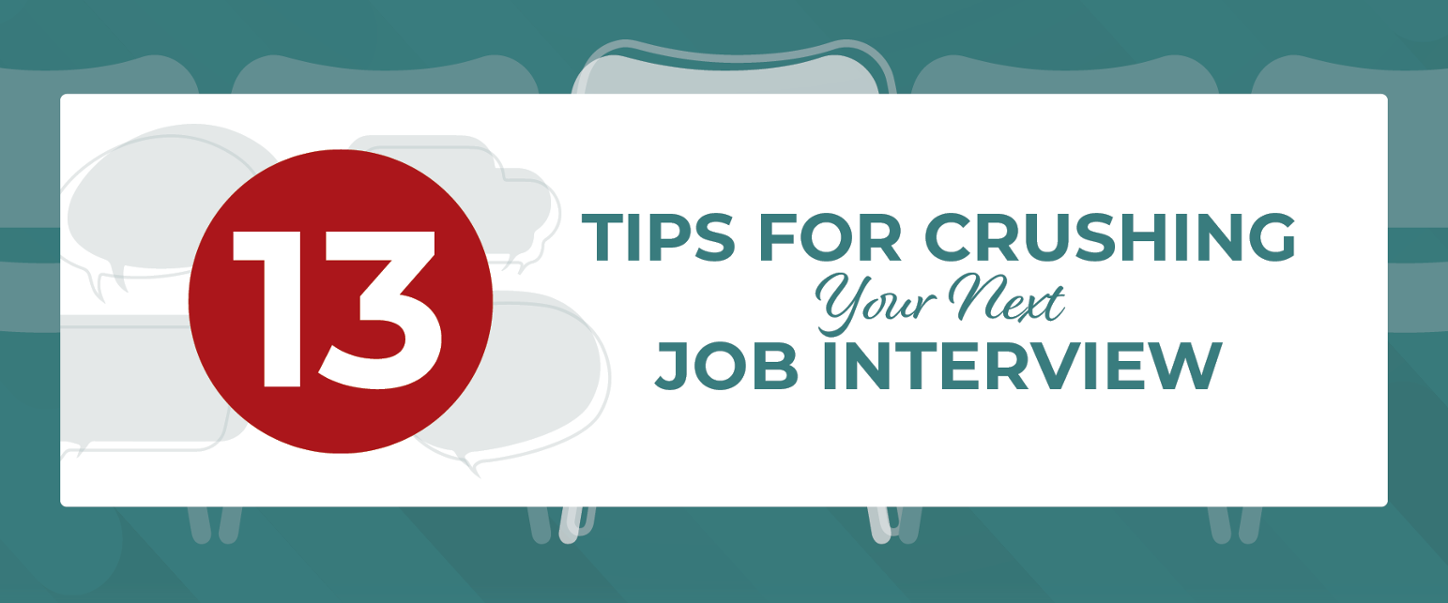
How do you write the perfect resume?
Tailor the content to match the specific job description and emphasize achievements and experiences that align with the role you're applying for. Remember to keep it concise and easy to read, and feel free to add more sections or details as needed.
But should you use tools, like artificial intelligence (AI), to help you? Just a few prompts, some details here and there, and presto — you’ve got yourself a resume!
In fact, AI wrote the entire first paragraph of this article! It can certainly help you write a resume too.
But is it a good idea to do so?
Here on the HR talent acquisition team at Anderson Trucking Service (ATS), we pore over dozens and dozens of resumes each day. We know what a good resume looks like and what a bad resume looks like.
We already know AI can help you write a resume, but can it help you write a good one? Will it help you land the job? Or is resume writing better left to human hands?
We’re here to run through the pros and cons of using AI to write your resume and to talk about some ways you can utilize these tools. We’ll help you decide if you need to use AI to help you with your resume and if it’s worth it.
How AI Can Help in Your Job Search
There are a ton of AI tools you can use to help with everything from planning a trip and analyzing data to writing an article and helping with your job search.
You can use AI to help you find pertinent job opportunities, guide you through the most-asked interview questions and hone your interview skills overall. You can also use it to write job materials, including everything from a cover letter to your resume. You can pull from templates for cover letters and resumes online, too.
Using these tools can not only help streamline the job-hunting process for you, but it can help you find a job faster. You won’t have to pore over cover letters and resumes night after night when AI can help you customize them for each job you’re applying for in very little time.
Let’s be honest: We aren’t all professional writers. It can be hard to get an interview when your cover letter is full of typos and run-on sentences. Just because writing isn’t your strong suit doesn’t mean you shouldn’t have access to the same opportunities as other job seekers.
Let’s talk about the pros and cons of using AI when writing a resume.

Pros of Using AI to Write a Resume
AI is revolutionizing the world and people are using it for everything, so it’s understandable you want to use it to help you, too. After all, if everyone’s using it and you aren’t, some might say you’re falling behind. In fact, if you’re applying to companies that value innovation, you might want to know a thing or two about AI.
AI offers many advantages when you’re trying to write a resume. Experts recommend you tailor your resume to each position you apply for. However, that can be extremely time-consuming. AI can simplify the process for you by pulling out keywords in the job description so you can use them in your resume. It can analyze how many keywords you’ve used in your resume. This helps save you time when you’re tailoring your resume for multiple job postings.
AI can help you convey the proper tone in your resume. For example, if you want the resume to sound more professional, it can provide phrasing suggestions. You can use it to rewrite sentences to make them more concise or sound more creative. It can help you think of stronger word choices, too. Essentially, it can be used to beef up your resume and make it sound more professional. This is especially helpful if you find yourself struggling with words and grammar.
AI can also help you if you have no clue where to begin when putting together a resume. It will give you prompts and ask you to feed it information. In turn, it’ll spit out a formatted resume.
When you utilize AI in these ways, you can spend more time prepping for the interviews and researching the companies you’re applying to.
Cons of Using AI to Write a Resume
You don’t need to provide much in the way of details for AI to generate an entire resume. Simply provide a few bullet points and it’ll come up with the rest.
We did a simple test and provided some details for a fake job applicant. After saying our applicant is looking for a job in publishing as a former book editor who’s detail-oriented, punctual, precise and creative, it churned out the resume below:
Look at all that detail with only a little prompting! This seems great, right? Wrong. While it did leave blanks to fill in more details about our fake jobseeker, it made up bullet points about their experience.
If you were to turn that into an employer, it would be more than a little dishonest. AI simply can’t delve into the details of your career journey. It doesn’t have your memory. It can’t iterate what you’ve gone through. Instead, it embellished skills and overstated experience.
Not only that, but the example it provided us is pretty dry and robotic. It doesn’t include any buzzwords and it’s very basic and to the point. AI leaves out the human aspect and passion that’s absolutely crucial in an effective cover letter or resume.
As a job seeker, one of the best ways to make your resume stand out is by tailoring it to each industry/position you apply to. If you don’t input this information into the AI program you’re using, it won’t know to use these buzzwords and jargon in your resume. It also isn’t necessarily keeping up with trends, so it can get information wrong and it can spit out plagiarized copy.
AI may use words you never say — much less know what they mean — and the copy it produces is often weighed down with far too many words. (You don’t need five adjectives to describe your life-changing experience of fetching coffee as an intern.)
One glance at your resume and professionals will be able to tell you had AI write the entire thing. That can be held against you. Your resume might be tossed aside. Corporate recruiters and hiring managers can tell if the written words lack authenticity, which can diminish trust.
Now, let’s say your resume lands you an interview. Now what? The person on paper and the person who showed up to the interview don’t match. All sorts of red flags would be going up in this situation.
How to Use AI for Resumes
So how can you use AI?
While we aren’t saying you shouldn’t use AI at all, there’s a right way and a wrong way to do it.
It’s all about collaboration. You can collaborate with AI and use it to streamline your process (writing unique cover letters for seven different positions can be time-consuming after all), but you shouldn’t use it to replace your voice entirely.
Use it to help you format your resume. Use it to take a poorly written sentence and make it better. Use it to help you when you’re feeling stuck. But don’t have it write your resume word for word.
And if you do decide to have AI generate an entire resume for you, you should change the verbiage to make it your own and sound natural.

Write a Great Resume
Can AI help you write a resume? Sure. But it’s you who puts in the personality that makes it creative and unforgettable. Use the AI tools available to you; just don’t take advantage of them.
Tailoring your resume to each specific job and company can significantly boost your chances of standing out among other applicants. Researching the company's history, values and industry-specific language is crucial for crafting a resume that aligns with their culture and requirements. It demonstrates genuine interest and understanding, showcasing how your skills and experiences directly relate to what they're seeking. Plus, it helps you highlight your qualifications in a way that resonates with the company's goals.
While AI can offer guidance and support, it's the personalized touch and genuine effort that truly make a difference in the eyes of potential employers.
Check out these eight tips to write a great resume.




